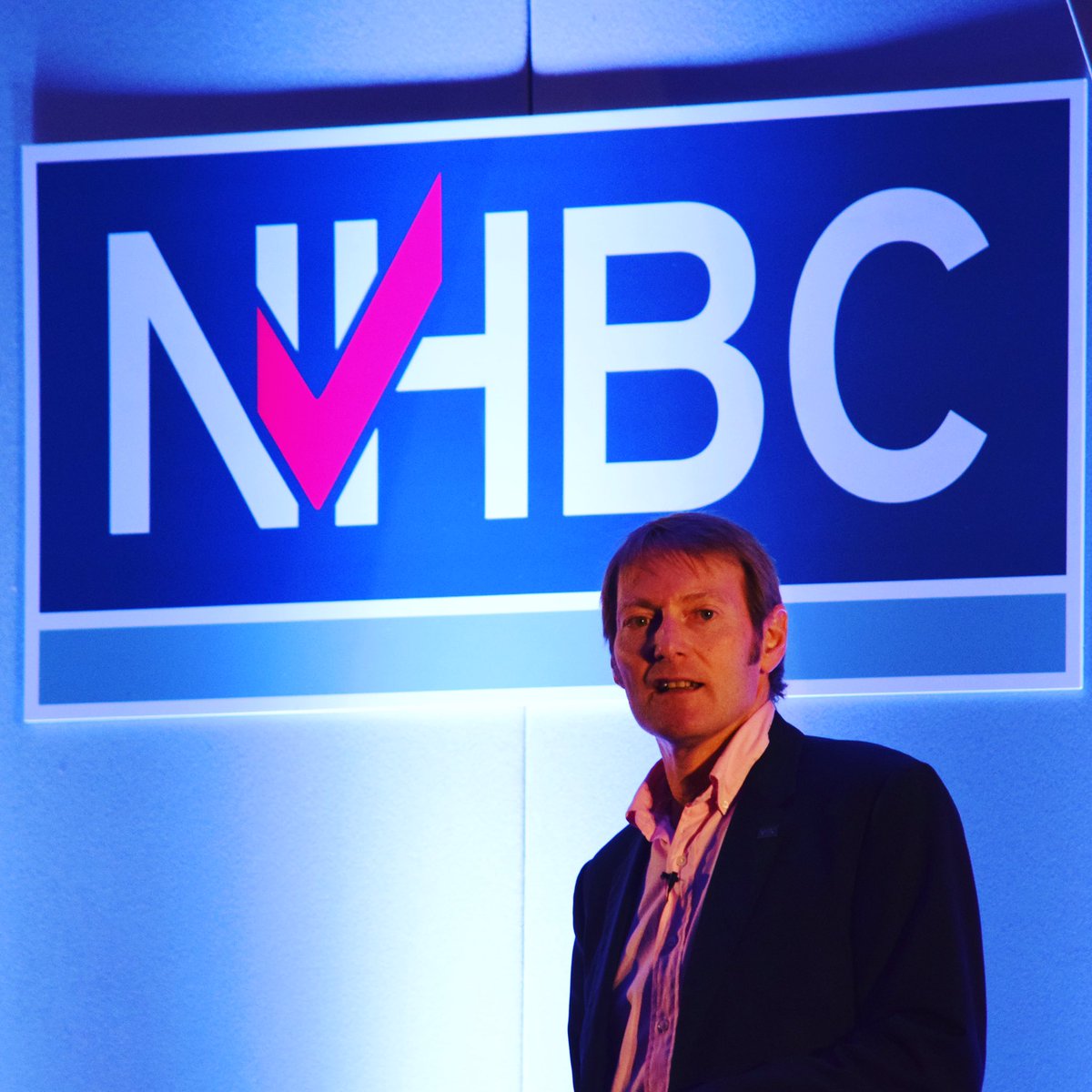Is your new home killing you?
 The shocking truth is, any new home built since 2000 that has a gas central heating boiler could be lethal. There is now widespread recognition that systems with concealed twin extended boiler flues, pose a significant risk of carbon monoxide poisoning. I am calling for a mandatory requirement that all new homes must be fitted with carbon monoxide alarms. In addition, every new home must be independently inspected, not merely ‘signed off’ and certificated by the installer.
The shocking truth is, any new home built since 2000 that has a gas central heating boiler could be lethal. There is now widespread recognition that systems with concealed twin extended boiler flues, pose a significant risk of carbon monoxide poisoning. I am calling for a mandatory requirement that all new homes must be fitted with carbon monoxide alarms. In addition, every new home must be independently inspected, not merely ‘signed off’ and certificated by the installer.
Carbon monoxide poisoning kills
14 November 2007
Maria Ighodalo (28) dies from carbon monoxide poisoning
London and Quadrant housing association tenant, Maria Ighodalo, died in a block of flats, known as ‘Beulah Hill’, in Upper Norwood from carbon monoxide poisoning. The flat had a gas safety certificate and a concealed flue heating system.
27 February 2008
Elouise Littlewood (26) dies from carbon monoxide poisoning
You would think that following the tragic death of 26 year-old dance teacher Elouise Littlewood on 27 February 2008, who died from carbon monoxide poisoning from a faulty boiler installation in her flat on the Barratt development at ‘Bedfont Lakes’ in Notting Hill West London, that all house builders would be double checking every boiler in every new home they build, to ensure they are 100% safe and installed to manufacturer’s and GasSafe instructions. Elouise bought the two-bedroom property through a shared ownership scheme with Notting Hill Housing confirming: “Barratt had installed the gas system and produced a gas safety certificate with a one-year guarantee.”







 Officially at least, David Ritchie, CEO of Bovis Group, Britain’s 6th largest house builder by volume ‘stepped-down’ yesterday with immediate effect after eight years in charge. It took Bovis less than a day to remove Ritchie’s profile from its corporate website. The Evening Standard reported that “doubts over Ritchie’s position are understood to have come to a head in recent days culminating in a board meeting at which he offered his resignation to chairman Ian Tyler, who accepted.”
Officially at least, David Ritchie, CEO of Bovis Group, Britain’s 6th largest house builder by volume ‘stepped-down’ yesterday with immediate effect after eight years in charge. It took Bovis less than a day to remove Ritchie’s profile from its corporate website. The Evening Standard reported that “doubts over Ritchie’s position are understood to have come to a head in recent days culminating in a board meeting at which he offered his resignation to chairman Ian Tyler, who accepted.”
